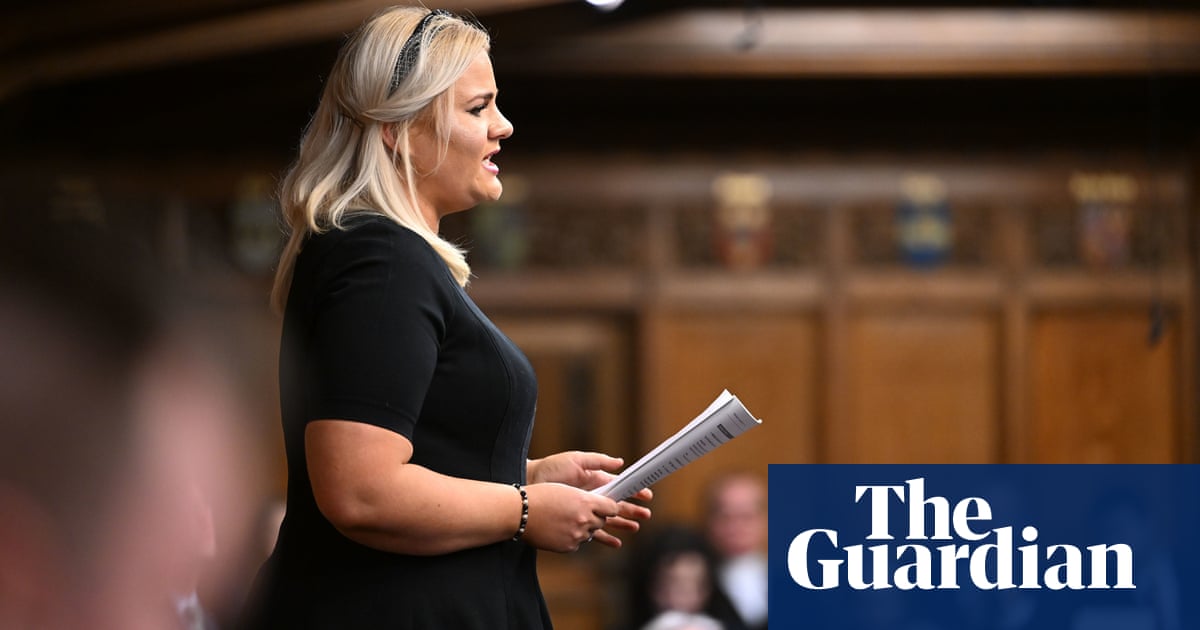Predators who take intimate images of unwitting victims or install cameras to do so could face up to two years’ in jail under plans drawn up by Labour.
Ministers have also confirmed that they plan to create a new offence for those who create sexually explicit deepfake images.
While it is already an offence to share or threaten to share an intimate image without consent, it is only an offence to take an image without consent in certain circumstances, such as upskirting.
Under the new offences, anyone who takes an intimate image without consent faces up to two years’ custody, officials said. Those who install equipment so that they, or someone else, might take intimate images without consent also face up to two years behind bars.
The government will also introduce a new offence meaning perpetrators could be charged for both creating and sharing hyper-realistic images.
The coalition of feminist organisations End Violence Against Women (EVAW) has cautiously welcomed the commitment, but has urged ministers to say when the law will be introduced.
Rebecca Hitchen, head of policy and campaigns at EVAW, said: “We are yet to see a timeline for the offence or any details about the new law. The government must make good on its commitments to survivors – delaying action will only put women and girls in harm’s way.”
The victims minister, Alex Davies-Jones, said: “It is unacceptable that one in three women have been victims of online abuse. This demeaning and disgusting form of chauvinism must not become normalised.”
The new offences will be included in the crime and policing bill, which is expected to come before parliament in the spring. It is already an offence to share or threaten to share intimate images, including deepfakes, under the Sexual Offences Act 2003.
The government will repeal two existing voyeurism offences that relate to the recording of a person engaged in a private act, and recording an image beneath a person’s clothing.
They will be replaced with new offences including:
-
Taking or recording an intimate photograph or film without consent.
-
Taking or recording an intimate photograph or film without consent and with intent to cause alarm, distress, or humiliation.
-
Taking or recording an intimate photograph or film without consent or reasonable belief in it, and for the purpose of the sexual gratification of oneself or another.
Jess Davies, a TV presenter and campaigner whose former boyfriend took naked images of her without consent, welcomed the move. “Intimate-image abuse is a national emergency that is causing significant, long-lasting harm to women and girls who face a total loss of control over their digital footprint, at the hands of online misogyny.
“Women should not have to accept sexual harassment and abuse as a normal part of their online lives,” she said.












